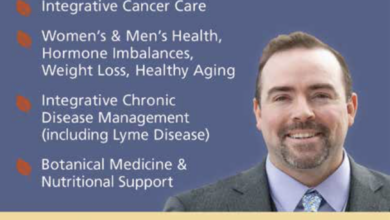The Power of Zinc
Zinc is having a moment of popularity with the recent focus on viral-related immunity. However, its actions extend far beyond this limited scope. In fact, zinc is required for over 300 enzymatic reactions in our bodies! Let’s take a look at its immune claims as well as the broader areas where zinc supplementation can be useful.
Zinc and Immune Support
Zinc plays a central role in the development and function of our innate immunity. This is the built-in system that can nab an invading virus or bacteria even if we’ve never encountered it before – it’s what keeps us safe in the wild world of unrecognized pathogens. Zinc also impacts the health of our acquired immunity. This system remembers an invader we’ve seen before and sends out the troops, particularly T-cells, which target viruses.
Zinc is deeply involved in the parts of our immune system that prevent cancer. It is crucial in basic cellular functions such as cell division and cell activation. Apoptosis (appropriate cell death, such as when a cell has damaged DNA that could lead to cancer) decreases with zinc deficiency. Low zinc levels in blood and tissues are implicated in many types of cancer including prostate, head and neck, breast, gallbladder, lung, and colon, among others.
Zinc and Gut Health
Zinc helps maintain a healthy gut lining. Without a healthy GI barrier, we become more prone to food allergies, malabsorption of nutrients, inflammatory bowel disease, pathogens, and GI cancers. A meta-analysis involving an estimated 400,000 participants found that low levels of zinc was associated with digestive tract cancers, especially colorectal cancer.
Zinc and Healthy Aging
As we age and our cellular processes become less efficient, we are more prone to increased oxidative damage to our tissues, decreased immune function, and chronic inflammation. Zinc is anti-inflammatory and supports tissue health. It also supports healthy cognition, cortisol levels, and mood. And studies have shown that it can reduce progression of macular degeneration.
Supplementing with Zinc
Zinc deficiency is common. Minerals in our soils are very depleted and zinc is not often adequate in our daily foods. The highest levels can be found in oysters, beans, pumpkin seeds, and quinoa. I usually test my patients’ serum levels because that’s what most zinc-related data reflects. I like to see levels in the high-normal range. I find almost everyone runs a bit low on zinc so I usually end up supplementing with a food-grown zinc product, which is much more bioavailable than other forms.


